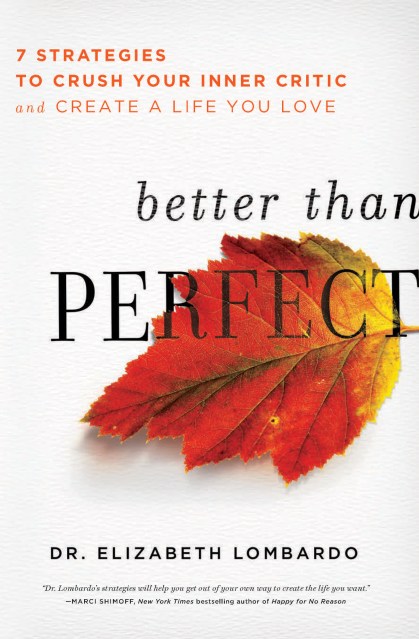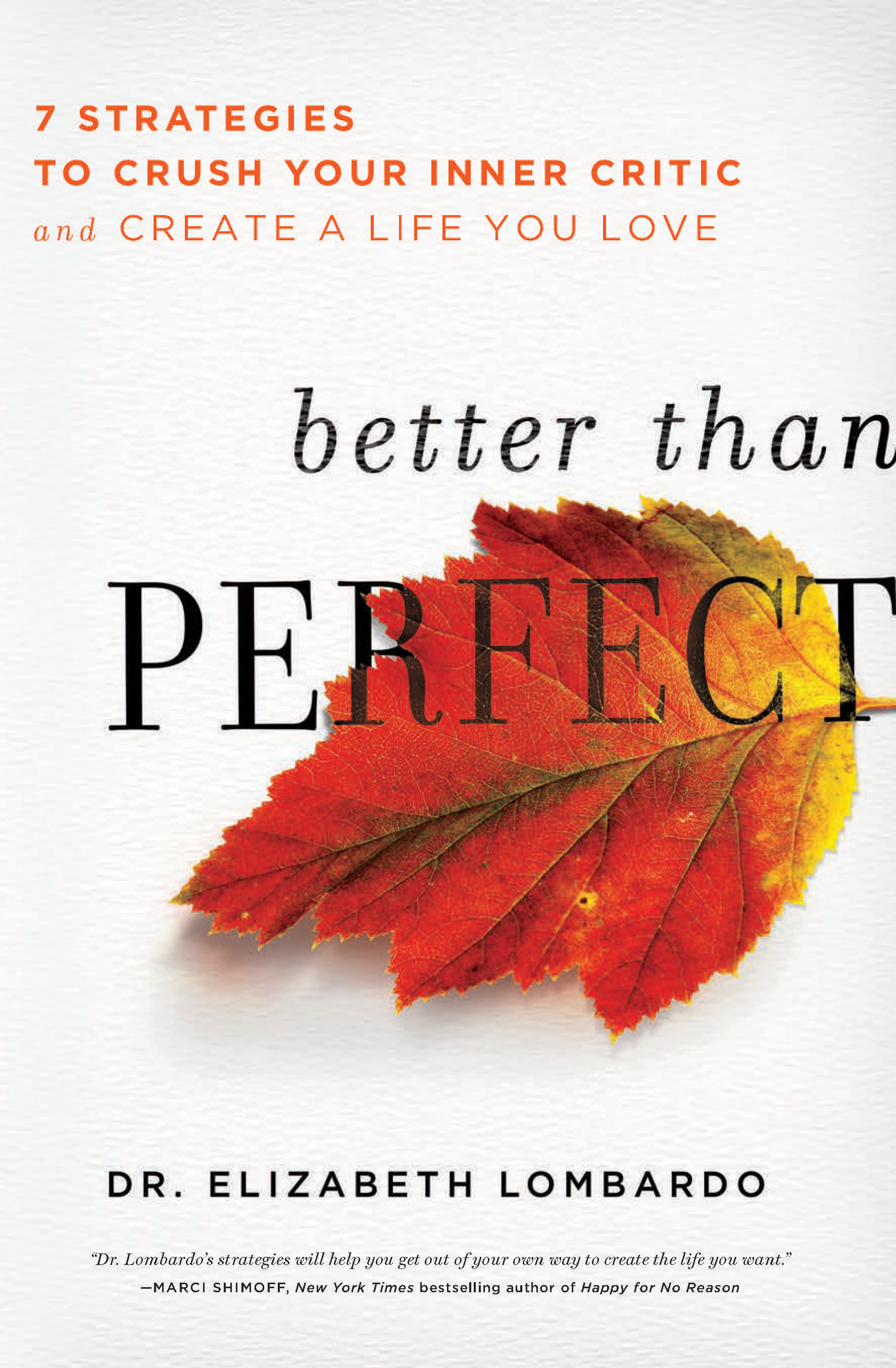By clicking “Accept,” you agree to the use of cookies and similar technologies on your device as set forth in our Cookie Policy and our Privacy Policy. Please note that certain cookies are essential for this website to function properly and do not require user consent to be deployed.
Better than Perfect
7 Strategies to Crush Your Inner Critic and Create a Life You Love
Contributors
Formats and Prices
- On Sale
- Sep 2, 2014
- Page Count
- 256 pages
- Publisher
- Seal Press
- ISBN-13
- 9781580055505
Price
$11.99Price
$15.99 CADFormat
Format:
- ebook $11.99 $15.99 CAD
- Trade Paperback $17.99 $22.99 CAD
This item is a preorder. Your payment method will be charged immediately, and the product is expected to ship on or around September 2, 2014. This date is subject to change due to shipping delays beyond our control.
Buy from Other Retailers:
Perfectionists exist in every walk of life. While outwardly they appear to be very accomplished, they are often unhappy and unfulfilled. Perfectionists strive toward unattainable goals, and their behaviors can wreak havoc on both their physical health and their psychological well-being.
Timely and transformative, Better than Perfect by Dr. Elizabeth Lombardo offers step-by-step instructions for perfectionists to find balance and freedom. The book defines perfectionism in easy-to-understand terms, offers simple assessment tools, and shares case studies of Lombardo’s patients to highlight the condition. Also included are practical exercises and suggestions for behavioral changes, including seven ways to overcome perfectionism that range from choosing passion over perfection to remembering you’re more than what you do.
With the ultimate goal of helping readers achieve happiness and prosperity without the stress of making sure things are perfect; Better than Perfect is a fundamental guide for all perfectionists seeking new, fulfilled, and empowered lives.






